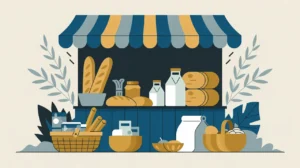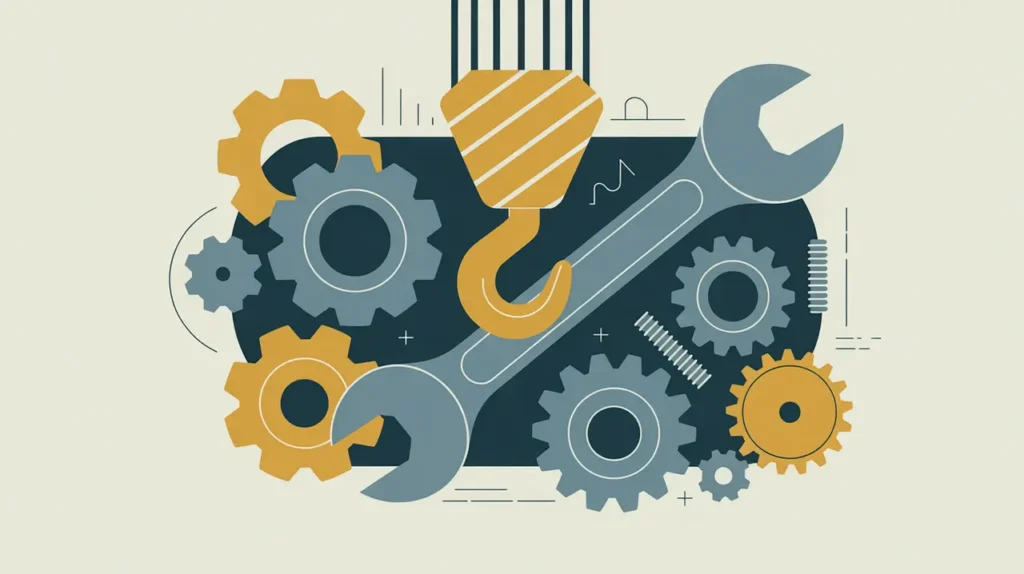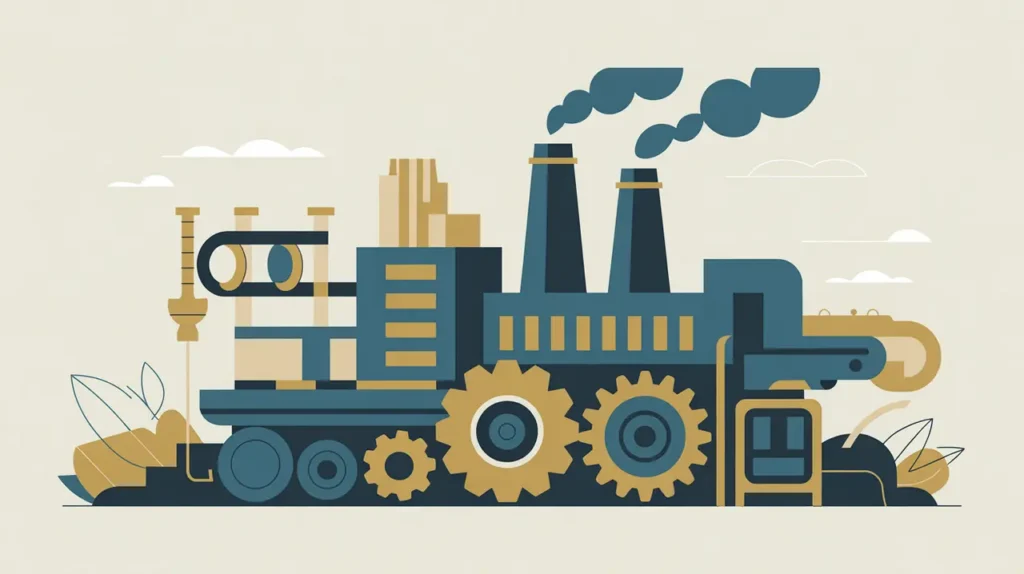Importance of Manufacturing
Manufacturing is a cornerstone of economic development, creating jobs, driving innovation, and transforming raw materials into higher-value goods. In international development, it contributes to industrialization, export growth, and diversification of economies beyond agriculture and extractives. For nonprofits and social innovators, manufacturing matters because it shapes labor markets, livelihoods, and access to affordable goods. Its importance lies in linking productivity gains with opportunities for inclusive and sustainable growth.
Definition and Features
Manufacturing refers to the large-scale production and processing of raw materials into finished or semi-finished goods. Its defining features include:
- Value Addition: increasing the economic worth of raw inputs through processing.
- Employment Creation: offering jobs across skill levels, from factory workers to engineers.
- Industrial Linkages: connecting supply chains across agriculture, mining, energy, and services.
- Innovation and Technology: applying new processes to improve efficiency and quality.
How this Works in Practice
In practice, manufacturing spans sectors such as textiles, food processing, automobiles, and electronics. Factories may be small-scale, serving local markets, or large-scale operations integrated into global supply chains. For example, apparel manufacturing in low-income countries provides millions of jobs, though often under precarious conditions. Development agencies often promote manufacturing through industrial parks, skills training, and policy incentives. Challenges include environmental degradation, reliance on low-wage labor, and vulnerability to global demand fluctuations.
Implications for Social Innovation
Manufacturing has significant implications for social innovation because it creates opportunities to rethink production models, labor practices, and sustainability. Innovations such as green manufacturing, circular economy models, and inclusive supply chains can make manufacturing more equitable and environmentally responsible. For proximate actors, access to manufacturing opportunities provides pathways for economic mobility and resilience. Manufacturing is essential for building diversified and sustainable economies.







